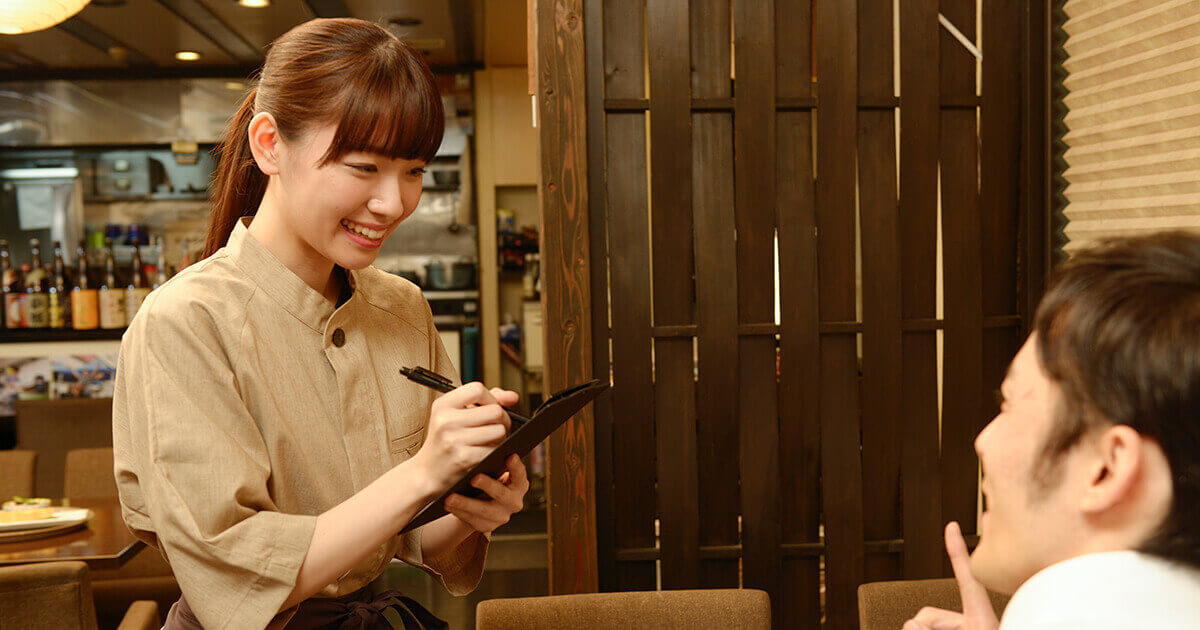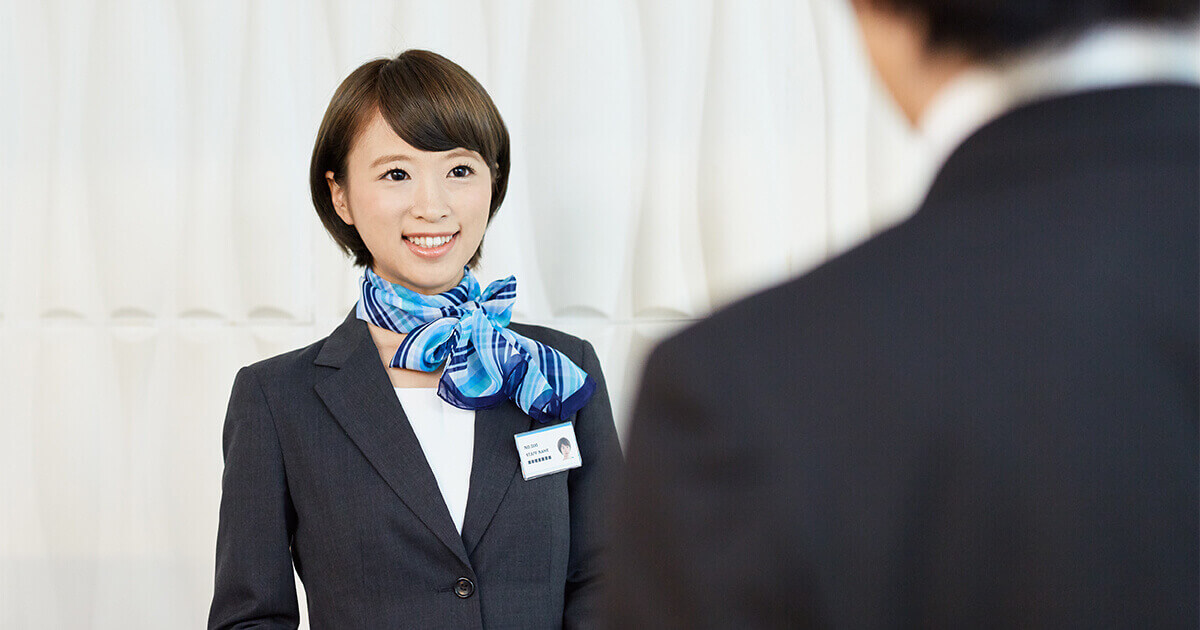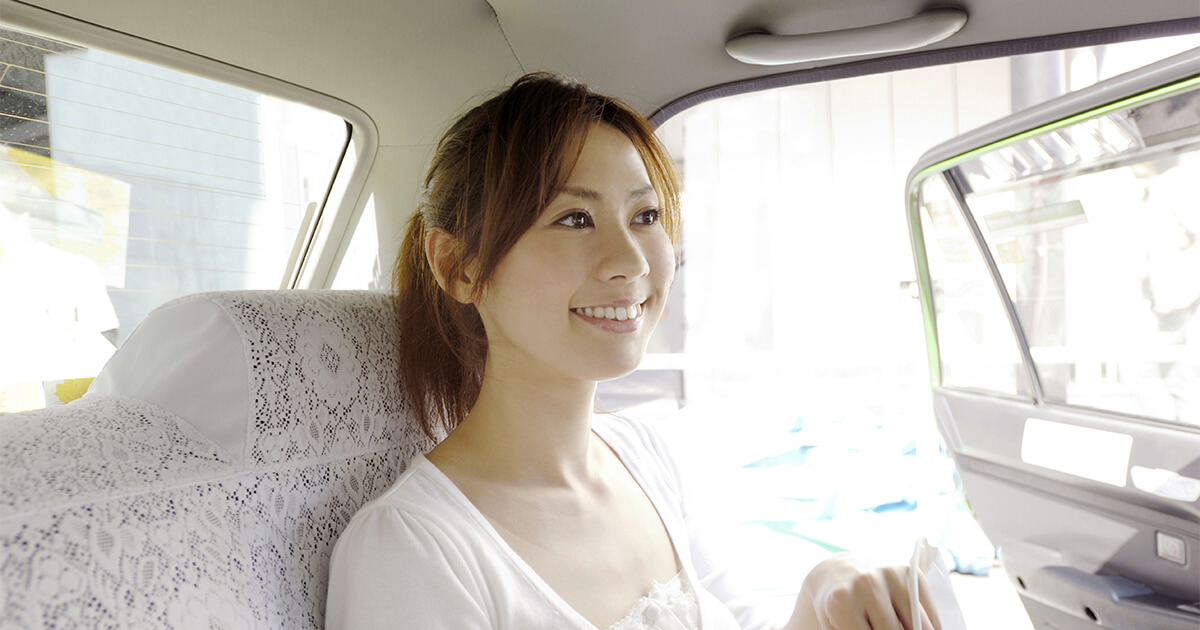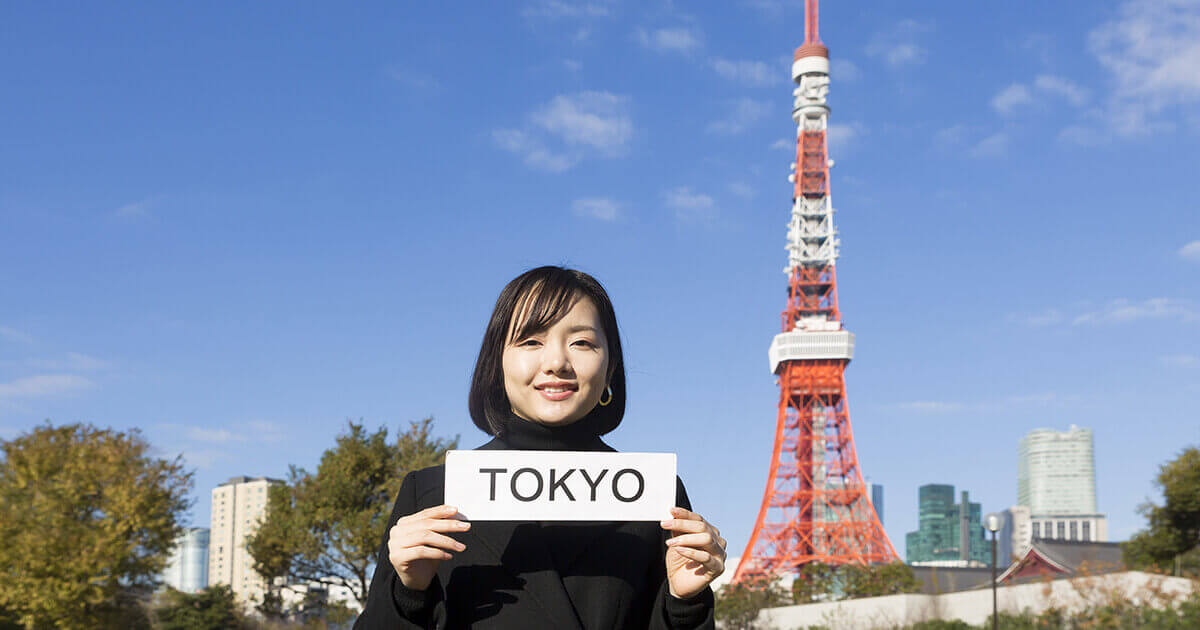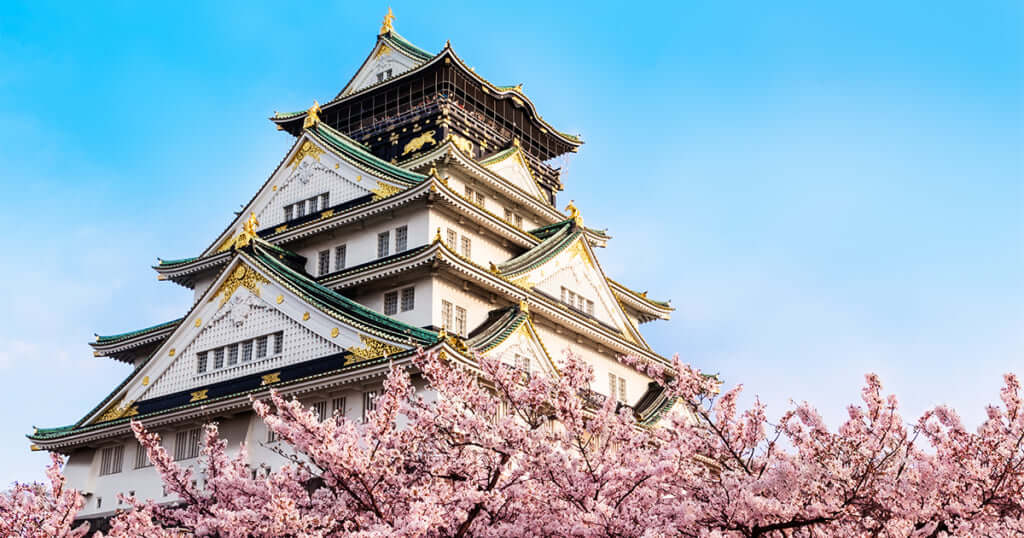
So you are going for a holiday to Japan and you can’t speak a word of Japanese. “How can I survive the trip?” you may wonder. Although English language service is available at most tourist places, there might be situations where English is not an option.
For example, if you visit a non-touristy place or a small local restaurant, you may find the staff there not being able to understand or communicate in English. Fret not.
Here are some key Japanese phrases that will help to make your trip less daunting in Japan.
1. すみません
Sumimasen
Excuse / sorry / thank you
This is a 3-in-1 expression that you must master for your trip. If you need help getting directions or getting attention from someone, you can say sumimasen to mean “excuse me”.
If you accidentally bump into someone on the train, you can also say sumimasen to mean “sorry”.
If you have troubled someone to do something for you, you can say sumimasen to mean “thank you”. For example, you want to buy a pair of shoes and you tried five different pairs before you finally decided on one.
In this case, you can say sumimasen to the sales person to convey your sense of apology in addition to the usual thank you.
2. どうもありがとう
Doomo arigatoo
Thank you
Use doomo arigatoo to express your thanks to the hotel staff, waiter, sales person, or anybody who have helped you during your trip. You can also use “doomo” or “arigatoo” only. To make it more polite, you can say “arigatoo gozaimasu”.
3. これをください Kore o kudasai
Please give me this
When you are shopping at the local market or you are at a restaurant ordering food from a menu, you can simply point at the item and say kore o kudasai. “これ kore” means “this” and “~をください ~ o kudasai” means “please give me ~”. If you know the name of the item, you can add it in front, say for example, “ラーメンをください raamen o kudasai” (please give me a bowl of ramen).
4. お願(ねが)いします
Onegaishimasu
Would you do me a favour?
This expression is more polite that ~o kudasai. The word 願(ねが)い negai means “a favour”, with the whole expression meaning “would you do me a favour?” You can use this expression to for example, request for a cup of coffee “コーヒーお願(ねが)いします koohii onegaishimasu” or to ask a taxi driver to go to a destination such as Shinjuku Hotel “新宿(しんじゅく)ホテルまでお願(ねが)いします Shinjuku Hoteru made onegaishimasu”.
5. お勘定(かんじょう)をお願(ねが)いします
Okanjoo o onegaishimasu
Bill please
You can use this expression to ask for the bill at a restaurant. The word お勘定(かんじょう) okanjoo means “bill”.
6. こんにちは
Konnichiwa
Good afternoon / Hello
If you can remember only one greeting, then this greeting is the one you must memorize. Use this greeting during the day to mean “good afternoon”. If you just want to say “hello”, you can also say konnichiwa.
7. ~はどこですか
~ wa doko desu ka
Where is ~?
Doko means “where”. If you want to ask where a certain place is, for example, you need to go to a toilet but you do not know where it is, you can say “トイレはどこですか toire wa doko desu ka” (where is the toilet).
8. いくらですか
Ikura desu ka
How much is it?
You can use this expression to ask for the price when you go shopping. To be more specific, you can add the item you wish to buy in front of the expression, for example “これはいくらですか kore wa ikura desu ka” (how much is this?) or “クッキーはいくらですか kukkii wa ikura desu ka” (how much is the cookies?).
9. クレジットカードは使(つか)えますか。
Kurejitto kaado wa tsukaemasu ka.
Can I use credit card?
Most major departmental stores and electronics stores accept credit cards but cash is still preferred at many stores. You can use the above expression to check if you can pay by credit card. If the store accepts credit card, the sales person would answer with a “hai” (yes).
10. ~はありますか。
~ wa arimasu ka.
Do you have ~?
Use this phrase to check if the store or hotel has the item or facility that you are asking about. For example, you can ask if the store has a T shirt size in L, “エルサイズはありますか eru saizu wa arimasu ka” or if the hotel has free WiFi, “WiFi はありますか WiFi wa arimasu ka”. If the answer is “yes”, you will hear a “hai”.
11. 日本語(にほんご)が分(わ)かりません。
Nihongo ga wakarimasen.
I don’t speak Japanese.
If the sales person you approach starts speaking in Japanese too fast and too much, you can use this to explain that you don’t speak Japanese.
12. 英語(えいご)が分(わ)かりますか。Eigo ga wakarimasu ka
Do you speak English?
At the end of the day, if you can’t remember any of the Japanese phrases and you simply want to communicate in English, you can try using this. A friend of mine who loves travelling to Japan said that young Japanese people in Tokyo will reply in English if you use this phrase.
13. 何名(なんめい)さまですか。
Nanmei sama desu ka
How many of you?
You probably won’t need to say this but you can often hear waiters asking you this question when you enter a restaurant. Don’t worry if you can’t answer the number of people in Japanese. Simply indicate the number with your fingers.
14. ご注文(ちゅうもん)はお決(き)まりでしょうか。
Gochuumon wa okimari deshoo ka
Are you ready to order?
Again, you only need to recognise and understand this phrase. When you are ready to order, you can call the attention of the waiter by saying “sumimasen” (excuse me). When the waiter approaches your table, he will usually ask you this question. Simply point at the item(s) you want and say “kore o kudasai” (please give this this).
The phrases above may not be able to cover all situations but you should be able to manage by combining them with gestures and a lot of bowing. Using some or even one Japanese phrase, even if it is to say “thank you” or “please”, goes a long way – people will appreciate your efforts.


